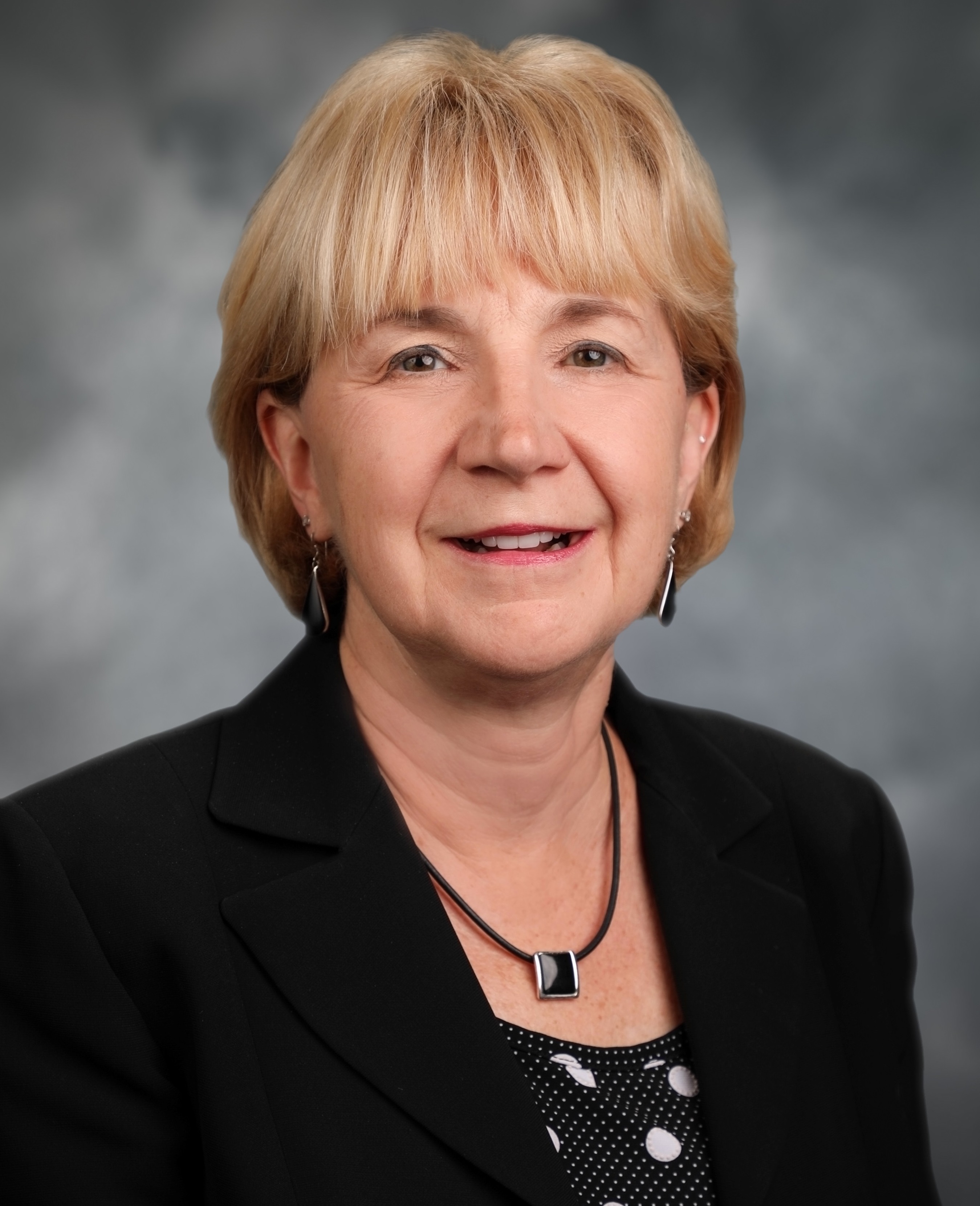Multi-Disciplinary, Cross Campus Course on Sickle Cell Disease Offers Students a Unique Opportunity to Learn, Take Action, Make a Difference
Each Fall at Duke, students from any of DUSON’s academic programs and across the University have a unique opportunity to examine the physiological, psychological and socital challenges of Sickle Cell Disease (SCD) both in the United States and globally. “Understanding Sickle Cell Disease: A Biopsychosocial Approach”, was revised to an online elective course, updated, and taught by Paula Tanabe, PhD, MSN, MPH, RN, FAEN, FAAAN, Laurel Chadwick Distinguished Professor of Nursing at DUSON.

This fall’s cohort included 19 students (DUSON ABSN and Nursing PhD, 12 MS in Global Health, and two from Department of African American Studies), and featured students who’s area of study include bioethics, law, and medicine as well as nursing.
The online course requires two “live” zoom sessions, the first was a panel discussion with individuals living with sickle cell disease. Students learned from their personal accounts of what it was like to live with SCD and their experiences the U.S. healthcare system.
Moving forward, each week students learn from DUSON, Duke, national, and international experts in the field through recorded lectures or panel interviews with engaging discussions. The latest readings and other exciting videos are provided weekly, and students help synthesize content by providing summaries of the papers, lectures, and videos.
The final class will be the second required live zoom session where students present their final projects. The students were broken into small groups and required to work with a SCD Community Based Organization, or the International Association of Sickle Cell Nurses and Professional Associates (IASCNAPA). Each student group will develop a project to benefit the organization and individuals living with SCD. There are six exciting projects currently underway by the class.
“This course provides students with an overview of sickle cell disease, including its genetics, epidemiology, pathophysiology, medical complications, psychosocial challenges, and health service utilization from a global perspective,” says Tanabe. “Our students have the unique opportunity to engage with, and explore the role of discrimination and stigmatization have on people with sickle cell disease, as well as learn the differences in how the disease is viewed and managed globally.
N569, “Understanding Sickle Cell Disease: A Biopsychosocial Approach” is a prime example of how DUSON Faculty, such as Paula Tanabe are committed to ending health inequities through transforming excellence in education. The course is offered each Fall. For more information contact Paula Tanabe, paula.tanabe@duke.edu.